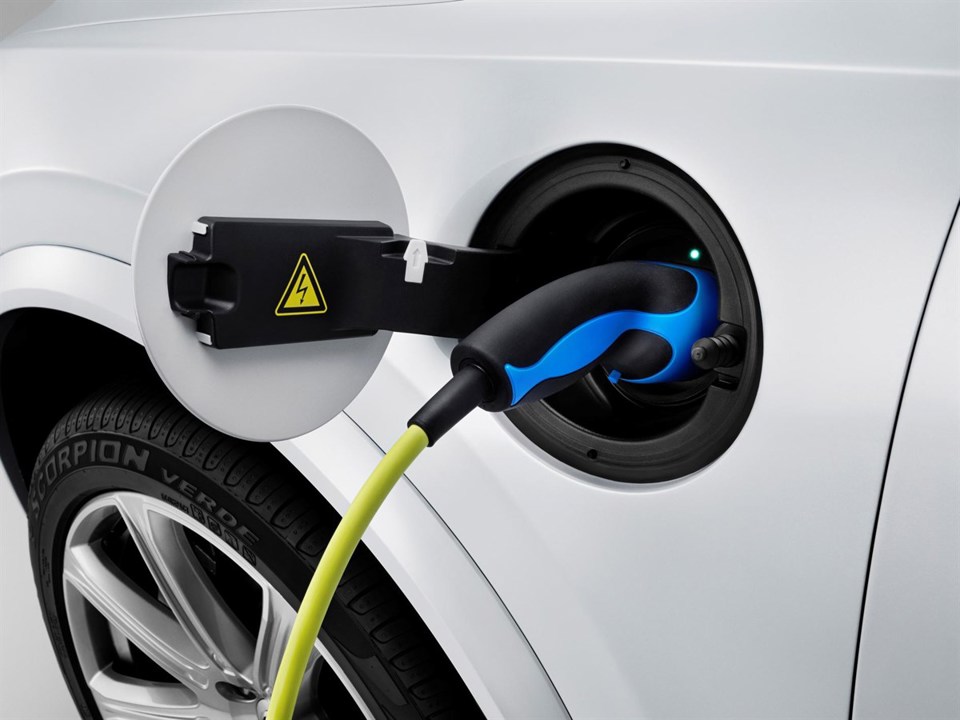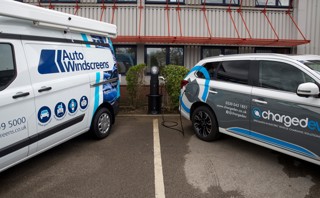Local authorities are struggling to access Government grants for residential on-street electric vehicle (EV) charging.
That’s the view of UK100, a network of local government leaders, which seeks to devise and implement plans for the transition to clean energy.
The warning is included in a report – mobilising investment in clean energy and sustainable development – published by MPs on the Environmental Audit Committee.
Polly Billington, director of UK100, argues in the report that local authorities struggle to access public finance because they do not have the capacity or expertise to access the various ‘pots of money’ available within different Government offices, such as the Office for Low Emission Vehicles (OLEV).
Ian Crowder, the AA’s EV spokesman, said: “The grants provide 75% for eligible charging schemes. But that still means councils have to stump up 25% of the cost of installing charging points at a time when their budgets have been squeezed to the point that they have to prioritise every penny they spend.
“On top of that they are facing a rapidly growing pothole menace that needs urgent attention so it’s understandable that there seems to be little enthusiasm for the scheme.”
Crowder suggests that if the Government wants to see wider take-up of electric vehicles it must take a more pragmatic and generous approach to local authorities and make the application process simpler.
“We don’t want a repetition of the time when cleaner LPG dual-fuel vehicles were becoming available but the fuel infrastructure wasn’t developed quickly enough,” he said.
“Investment in the electric vehicle charging network needs to develop quickly to avoid a situation where there are insufficient charging points for the number of cars being built.
“The Government has a 2040 target to end the production of pure petrol or diesel fuelled vehicles but unless the charging infrastructure is there to support that ambition, it will be difficult for consumers to convert.
“OLEV has announced £30 million of investment in 21 vehicle-to-grid projects that could enable electric vehicles to deliver power back to the ‘smart’ grid. But of course, it needs the EV power delivery points to be in place to enable that to happen.”
MP Mary Creagh, chair of the Environmental Audit Committee, believes that billions of pounds of investment is needed in clean energy, transport, heating and industry to meet the UK’s carbon targets.
However, she said: “A dramatic fall in investment is threatening the Government’s ability to meet legally binding climate change targets. The Government’s Clean Growth Strategy was long on aspiration, but short on detail.
“The Government must urgently plug this policy gap and publish its plan to secure the investment required to meet the UK’s climate change targets. It should provide greater clarity on how it intends to deliver the Clean Growth Strategy by the 2018 Budget, and explore how a Sovereign Green Bond could kickstart its Clean Growth Strategy.”
Iinvestment in green technology is at its lowest for 10 years. Crowder said the report makes depressing reading.
“While sales of electric vehicles jumped by 30% last year there remains significant barriers for drivers – and top is the perceived lack of charging points,” he said.
In an AA-Populus poll of 18,574 drivers, nearly two-thirds (62%) said that they would be more likely to buy an EV is there was an adequate charging infrastructure.
“While around 400 charging points are being installed every month, there remains very poor charging access for people who live in flats or terraced housing in towns and cities, and thus don’t have the luxury of being able charge an EV at home,” continued Crowder. “Yet these are the people who would benefit most from EV ownership while local authorities would most benefit from the resulting improvement in air quality.
“A £4.5m Government pot was announced in December 2016 to help such drivers take advantage of the ‘electric car revolution’ with its on-street residential charge-point scheme but few councils have taken the incentive up, which was acknowledged in a parliamentary debate on the issue on 9th May.”
























Gordy - 16/05/2018 11:45
This is very interesting. The apportion of blame for the untra-sLOW take-up of funding cannot rest solely with central government. There are many examples of where local councils have already used funding but have placed charging points within council-only or private parking areas. Whilst this benefits council fleets it is narrow-minded. Also most councils are reluctant to delegate planning and implementation of the new charging infrastructure to people within their own organisations who own and operate EVs so they are losing out on hidden talent. If councils wish to improve their charging offering they should appoint people who use EVs to make the planning and operational decisions otherwise placement of charging points will be amateur and ill-conceived. Lets not muddy the waters by discussing pot-holes. This is a separate issue and needs separate funding. Parking fees and disabled parking provision are also different issues and need not be discussed at the same time either. EV charging infrastructure may well be served better if central government issued guidance. For example, it is a very poor decision to place a RAPID EV charger in a park-and-ride car park yet this is what some authorities have done. At circa £50,000 per unit we cannot afford to allow the budget to be wasted by poor decisions like this!